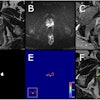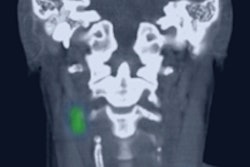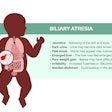Contrast-enhanced MRI can predict which head and neck cancer patients will respond to chemotherapy, according to a new study from the University of Manchester in the U.K. If successful, the technique could help triage head and neck cancer patients, saving money and improving outcomes, according to a study in Oral Oncology.
Patients typically receive pretreatment induction chemotherapy before either surgery or radiotherapy, to reduce the risk of disease spread. But the effectiveness of this treatment is limited in tumors with poor blood flow. CT has been shown to be successful in assessing blood flow, but researchers from the University of Manchester and the Christie National Health Service (NHS) Foundation Trust wanted to try it with contrast-enhanced MRI.
In a statement, principal investigator Dr. Catharine West said it's important to identify patients who are unlikely to respond to induction therapy in order to advance the course of treatment and hopefully improve the outcomes of the nonresponders (Oral Oncology, 9 August 2015).
They used dynamic contrast-enhanced MRI (DCE-MRI) to investigate blood flow and vessel structure. They found the strength of tumor blood flow before induction chemotherapy could predict the response to treatment. Both the delivery and the effectiveness of chemotherapy appeared to improve in tumors with higher blood flow, they concluded. But more work is needed to accurately predict who will and will not respond in those with lower blood flow.



















